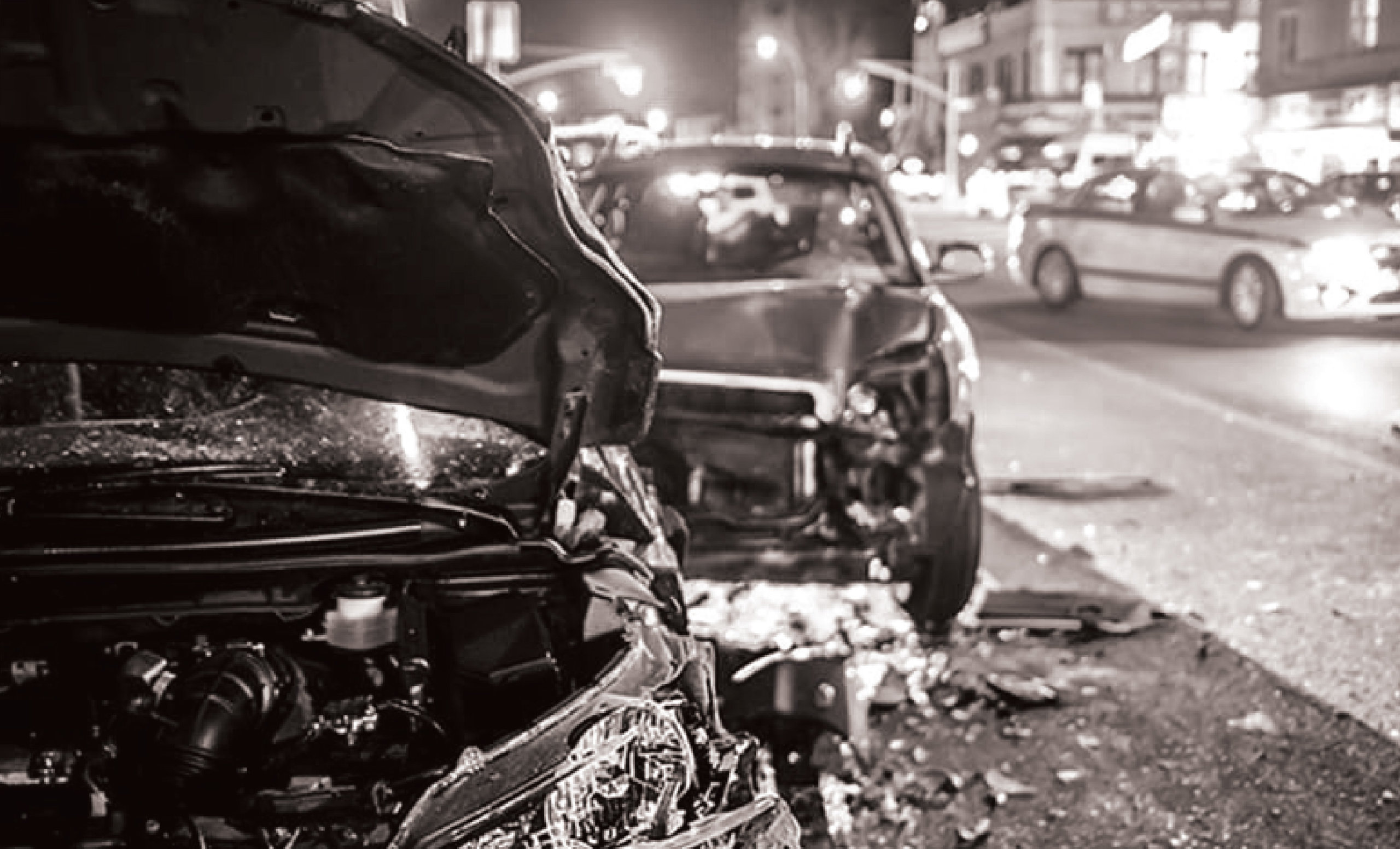Countering Plaintiffs’ Reptilian Tactics in Cases involving Terror
By Eric Rudich, Ph.D
A SPECIAL REPRINT © Entire contents copyright 2018 by CLM Magazine, a publication of The CLM. All rights reserved.
Jurors generally do not want to die. However, many cases, particularly matters involving catastrophic injuries or death, remind people of the inherent unpredictability of life. Death transcendence is a fundamental component of the human experience. People develop many diversions to avoid the inherent anxiety that results from the inevitably of their own death. Based on the work of existential psychologists, death transcendence is a major component of the human experience. Our drive to get ahead, our yearning for fame, our societal structures, monuments, and ideologies are all ways to divert our attention from the inevitable. However, issues involving death are at the center of many cases and make the awareness of our eventual demise salient. In their use of “reptilian” approaches to litigation, plaintiff attorneys have tapped into the primal anxiety that results from jurors being confronted with the unpredictability of life by persuading jurors to punish defendants who fail to protect individuals and society. Plaintiff counsel point to the billions of dollars awarded in verdicts as evidence of the effectiveness of this approach. In order to effectively counter the reptilian approach, the article addresses how the ideas and research conducted in existential psychology can offer methods for allaying the death anxiety that is inherent in certain types of litigation and lowering jury damage awards.
Terror Management Theory
Terror Management Theory (TMT) provides a great deal of insight into how jurors manage the existential anxiety that is caused by the uniquely human knowledge of our own vulnerability and mortality. Based on the theory, individuals are able to achieve protection from death-related concerns by finding meaning within their culture worldviews. When death-related concerns are made salient, people are motivated to punish those who violate their cultural worldviews. In a classic study conducted by Rosenblatt et al. (1989), judges who were asked to think about their own mortality set the bail of a prostitute nine times higher compared to judges who were not given this instruction. The implications for trial jurors are clear. Jurors will be more likely to punish defendants based on their need to preserve psychological equanimity in response to reminders of death.
After hearing about an accident from the perspective of the plaintiff, jurors are very susceptible to embrace worldviews to reduce the anxiety associated with the unpredictability of life. In our experience, defense attorneys typically convey sympathy for the plaintiff and his family but do not address the underlying existential concerns that people experience after hearing about a random accident. One fundamental worldview of individuals is the responsibility they assign to their lives. In an existential context, Jean-Paul Sartre wrote that to be responsible is to be “the uncontested author or an event or thing.” To buttress against death-related concerns, this theory suggests that defense attorneys should highlight the plaintiff’s responsibility of an accident to show how his or her actions caused an accident and how it may have been avoided. As TMT researchers have argued that the uncertainty of death is much more unsettling than the mere idea of our mortality, defense attorneys may use demonstratives to provide the perspective of the plaintiff to show that he was not a random victim but an active participant in causing an accident. This perspective will help reduce mortality salience by showing that life events are not unpredictable and that an accident would not have likely happened to them (presumably because jurors would believe that they would have acted differently).

Trial Implications
By shifting the perspective of an accident to the plaintiff, jurors may then obtain more psychological distance from the plaintiff and reduce their desire to punish the defendant. The case may then become less about how the defendant could have acted more safely but how the plaintiff may have acted differently. There are individual differences in jurors’ predilection to embrace responsibility as a way of reducing death-related concerns inherent in such cases. Psychologists have found that anxious or depressed individuals are much less able to manage existential anxiety caused by reminders of one’s death. In contrast, people who appear to have meaning in their lives through work, family, and/or religion are more likely to more effectively buttress death-related concerns.
During voir dire, plaintiff attorneys utilizing reptilian approaches are focused on priming safety-related concerns to the jury by asking questions such as “Who here feels that companies should put safety first as their top priority?” and “Who here believes the jury’s duty is to act as the conscience of the community?” Defense attorneys have their own opportunity to prime prospective jurors to reduce existential anxiety by asking voir dire questions related to responsibility and meaning such as “Who here has had an accident that could have been avoided if they acted differently?” Defense attorneys can then strip away the plaintiff attorney’s “safety” priming, and instead prime jurors to focus on issues such as responsibility which provide meaning, reduce anxiety, and focus the attention on the plaintiff’s actions or inactions.
Conclusion
It is important to note that this framework may serve as an antidote to the plaintiff’s reptilian approach which attempts to increase mortality salience by highlighting the lack of safety procedures on the part of the defendant which inevitably led to the accident. However, this is a delicate approach as defense attorneys do not want to be perceived as blaming the victim but rather want to put jurors in the proverbial driver’s seat to show how the plaintiff’s actions may have led to a much different outcome. As each case is unique, jury research can provide insight into the effectiveness of using this approach in reducing jurors’ desire to punish defendants and mitigating the amount of damages awarded.



